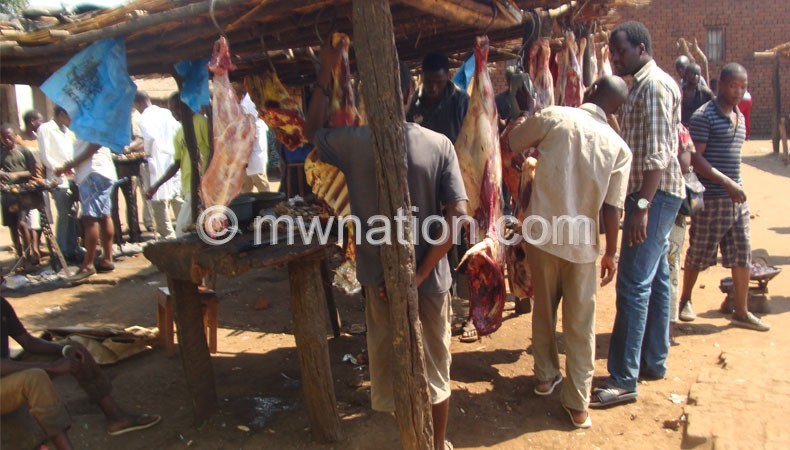SMALL BUSINESSES PUSH FOR INDUSTRIAL ESTATES

A group of small businesses says it is engaging government and others to ensure provision of affordable operating premises or industrial estates for small and medium enterprises (SMEs) replete with required amenities for businesses to thrive.
The move by the Small and Medium Enterprises Association (Smea) follows complaints from most small businesses on the lack of required infrastructures purposely built for their area of trade.
Government has assured SMEs that the project is still on the table, but is mulling over whether it should run it or the Small and Medium Enterprise Development Institute (Smedi), a merger of the Malawi Entrepreneurs Development Institute (Medi), the Development of Malawian Traders Trust (Demat) and Small Enterprise Development Organisation of Malawi (Sedom).
For instance, several mechanics and vegetable markets operate under trees or grass-thatched mushroom-like structures while some small agro-processors use their residences for production where structures are being forced to accommodate production processes.
Abattoirs also operate under direct sunlight, a development that compromises quality, making it difficult for the businesses to attain product certification.
Smea president James Chiutsi told Business News this week that government had plans to develop industrial estates for SMEs and the grouping wants to find out why the plans stalled.
“These premises would be complete with all amenities required for small-scale production. Furthermore, it will be easy to monitor production, conduct tailor-made and hands-on training for businesses and businesses can gain through prevalence of economies of scale.
“Government would ably collect taxes as well where manufacturers are very visible and are helped to grow. This would not be possible if small-scale manufacturers are littered around the country,” he said.
But in an interview on Wednesday, Ministry of Industry and Trade spokesperson Wiskes Nkombezi said because of institutional reforms that resulted in the formation of Smedi, government is figuring out whether industrial estates should be in its hand or Smedi.
“Government has always wanted to establish these industrial estates. The wish is there, but we want to ensure their sustainability. We are looking at modalities in terms of who is going to finance them,” he said, stressing that issues to do with industrial estates are contained in the new SMEs policy which is set for launch soon.
Trade experts say for SMEs to develop, they require a cross-cutting approach in capacity building, access to finance, provision of flawless and timely business information, consultancy services, strengthening institutional support structures and linking SMEs to global value chains.
But infrastructure is one of the critical basics for SMEs efficiency.
Rentals in some of the designated industrial areas are way beyond most of the businesses and, if available, they are so huge that even sizable companies fail to put them to full use.
Chiutsi said this scenario forces SMEs to operate in substandard buildings or other structures far away from town where business-friendly infrastructure such as power, water, information and communication technology (ICT) infrastructure are either inadequate or non-existent.
This also means that costs such as transportation are high largely due to longer distances covered to buy or distribute raw materials and finished products.
This scenario resonates in retail or wholesale shops in the Central Business Districts (CBDs) of the country’s cities which means a small percentage of local enterprises can afford the rentals, leading to several ‘container’ shops mushrooming in the cities with some containers tilting dangerously, causing an imminent danger to shoppers and owners.





